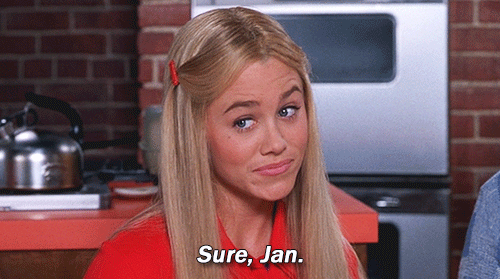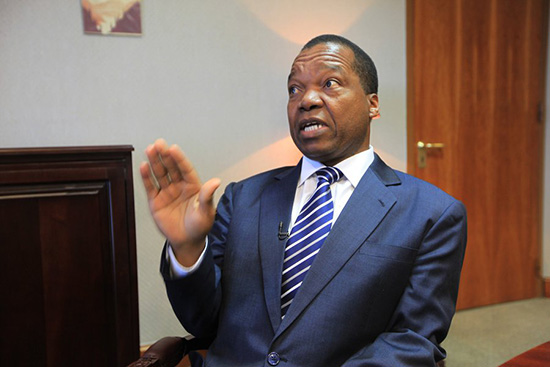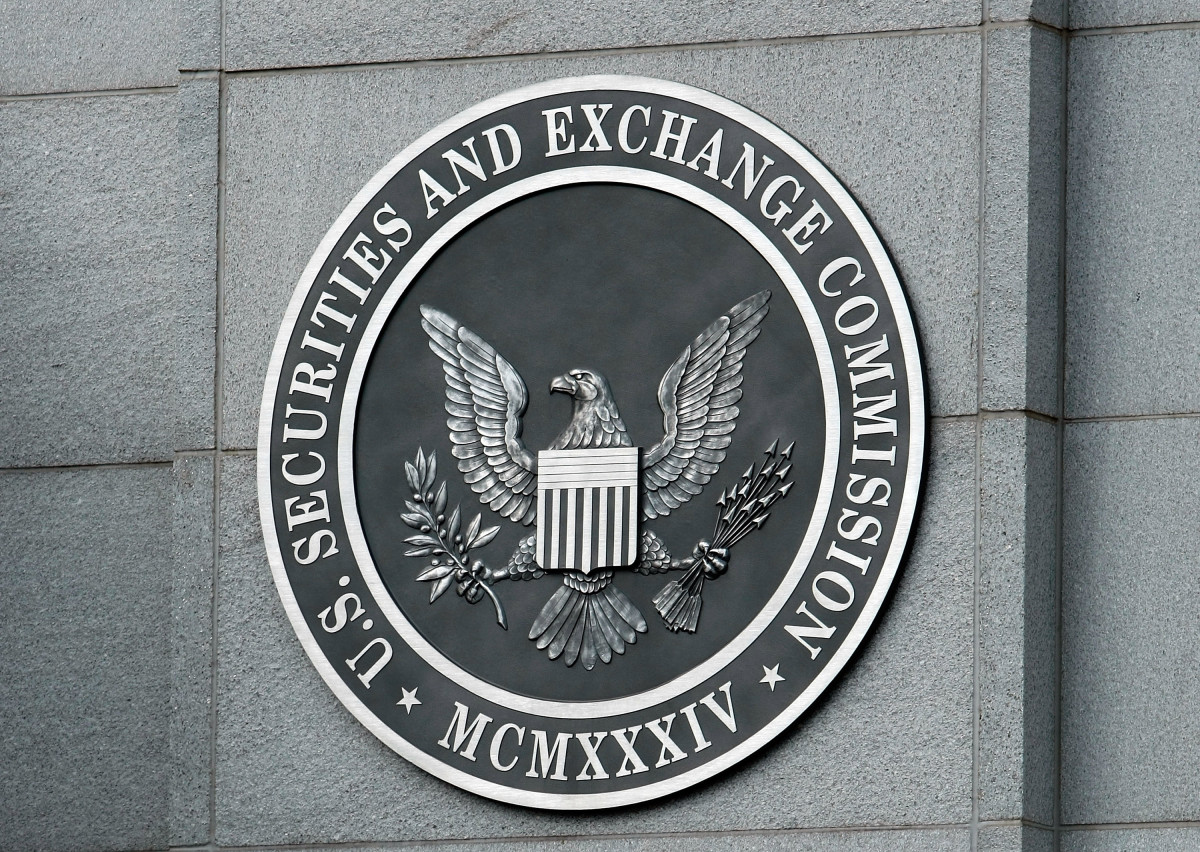At the 2019 Wolters Kluwer ELM Solutions Users Conference, which took place last week in Miami, Brian Dalton sat down with Wolters Kluwer ELM Solutions EVP and General Manager Jonah Paransky and Product Director Vince Venturella to discuss the launch of Wolters Kluwer’s LegalVIEW® Predictive Insights Module, a solution designed to help better manage litigated matters by using predictive analytics to improve the law firm selection and budget management processes. Read on to find out how Wolters Kluwer’s new product will solve client challenges.
The following has been condensed and edited for clarity.
The genesis of the LegalVIEW® Predictive Insights Module
The litigation market is under stress and has a strong need for better information during the matter management process. Today, critical litigation management decisions are guided by intuition and experience, with subpar results. These kinds of decisions — on counsel selection, budget, cycle time — are some of the most critical choices our clients can make to achieve a positive outcome and control costs. The lack of data to guide them in these processes is costing customers significant money due to poor cost management and budgeting.
We therefore saw LegalVIEW® as addressing two main problems: over-budgeting and under-budgeting. Over-budgeting ties up funds that could be used for other business purposes, reducing potential investment capital and lowering overall financial agility. Under-budgeting — not effectively forecasting dollars — leads to unexpected cost and budget overruns. LegalVIEW® Predictive Insights aims to help resolve both these issues.
How LegalVIEW® Predictive Insights helps
We wanted to explore how our clients could improve this situation and use predictive analytics in their everyday workflow to address these problems. We partnered with a group of current clients for a proof of concept to get their feedback, listen to their ideas, and understand how to better address their litigation management issues. ELM Solutions now has the data — our LegalVIEW® database with over $130B in legal spend data — and artificial intelligence (AI) to develop this predictive insights solution.
By integrating AI and machine learning technology directly into our enterprise legal management platforms (Passport® and TyMetrix® 360° ), we are able to provide an intelligent workflow to support data-driven insights. That predictive data is combined with other client-weighted firm performance metrics to build a ranked list of the best firms to use for each matter. Users are provided with recommendations on which law firm to select, expected budgets, and cycle times at key moments in their workflow, resulting in more informed decisions and improved outcomes for their company and policy holders.
ELM Solutions’ offering is the only proactive solution and intelligent workflow in the marketplace: We embed predictive litigation insights right into users’ workflows to improve decision making at touchpoints throughout the lifecycle of legal matters. This allows our customers to better manage outside counsel, control legal spend, and realize improved case outcomes. And it represents a revolution in the litigation management space by allowing our clients to utilize their litigation workflows in proactive (as opposed to traditionally reactive) ways while still providing portfolio level insights to litigation leadership over the long term.
The case use persona
We’re addressing two personas — the corporate attorney who is managing litigated matters and the insurance claims professional who is responsible for litigated claims. We also know our targeted personas are going to have a range of experience in their role, and our LegalVIEW® Predictive Insights solution offers value to both new and senior associates alike.
For the new associate, they can lean on the institutional experience captured in historical metrics analyzed and presented in our solutions. Instead of depending on the advice of a few associates or choosing a firm based on very little information, they can see which firms are the best for a matter based on practice area, geography, past performance, and predicted performance. For the senior associate, LegalVIEW® Predictive Insights gives them the confidence that their go-to firms are truly providing top performance from an array of available firms. It also gives them vital decision-making assistance in unfamiliar practice areas or geographies.
Leveraging the LegalVIEW® data
LegalVIEW® is the largest database of real spend data in the industry. We layer the client’s data on top of that to build a complete predictive data model. The users can see the data generated by the data model in Passport’s Law Firm Smart Select feature, a firm selection interface that gives our users metrics to consider while choosing a firm for a matter. Examples include average rate, win/loss ratio, and firm performance ratings.
Analyzing variables and matter complexity
The data model analyzes a combination of our LegalVIEW® data, client historical data, and client-weighted key performance metrics to build its ranking of best firms for each matter. In total, there are 23 metrics available that can be considered to build a rank. Each data model is unique to the client.
We don’t define complexity. The model is built to be bespoke to each client’s data set, so their measure of complexity is consistent throughout the feedback we receive, as the model has been built to their usage. Our goal is to make sure that they have best practices and consistent definitions and apply those items consistently across their matters and lines of business. In this way, we can be nimble when it comes to the market’s wide definition of complexity, severity, and risk.
Client feedback and assessment data
We strongly believe that firm performance metrics are a vital component in managing outside counsel and give our clients the ability to do so through firm score carding, the results of which are aggregated and used both in our LegalVIEW® Predictive Insights data model and our Law Firm Smart Select functionality.
We capture objective data — such as win/loss ratio and average rate — along with subjective data — such as firm responsiveness and adherence to budget — to build a comprehensive picture of firm performance.
Artificial intelligence and the nuances of legal practice
There are aspects of legal practice that even the best imaginable AI will be unable to replicate. There is always a possibility that AI will overlook some of these intangible nuances — the practice of law is not something that can be contained 100 percent in numbers. The goal isn’t to have the users always choosing the #1 firm. The goal is to separate the top 10 firms from amongst the hundreds or thousands of firms that the client works with, provide recommendations, and most importantly, information as to why the firms are ranked as they are.
This means that users have the information they need to supplement their own experience and make the best possible decision. The trend we would expect to see over time is not consistent choice of the #1, but more usage of the top 10 firms and improvement in the associated metrics that client has said are valuable which are expressed through that ranking.
The growth of LegalVIEW® Predictive Insights with more granular data
We have a long-term vision for this offering that includes creating predictive data around expected outcomes, settlement recommendations, total case costs (settlement/judgment costs & legal expenses), and firm management. We will also be expanding our visualizations and reporting, providing executive management insights into the overall performance of their chosen metrics and of the firms selected for partnership. Additionally, we are looking at expanding into the individual timekeeper level to provide even more detail about how a firm/attorney will perform on that matter.
The overall goal and approach of ELM Solutions’ AI portfolio
We don’t look to bring technology to market for tech’s sake — we look at client problems and challenges and look for ways to solve those challenges.
For example, managing spend in a corporate legal or claims department is still a challenge for many — still a lot of money to manage, and billing guidelines have become more complex, paper invoices still come in the door. E-billing systems are the critical foundational technology used to manage spend, and many thought that having that tech was the best they could do. We recognized there was an opportunity to take spend management to the next level and now have an approach we call Total Spend Management, which addresses those outstanding challenges with AI-enabled services and advanced technology, and can save clients up to 10 percent savings in legal spend and 20 percent increase in billing compliance.
Total Spend Management is an example of our innovative approach to leveraging our AI and other advanced technology expertise to address client problems and improve outcomes.
 Kathryn Rubino is a Senior Editor at Above the Law, and host of The Jabot podcast. AtL tipsters are the best, so please connect with her. Feel free to email her with any tips, questions, or comments and follow her on Twitter (@Kathryn1).
Kathryn Rubino is a Senior Editor at Above the Law, and host of The Jabot podcast. AtL tipsters are the best, so please connect with her. Feel free to email her with any tips, questions, or comments and follow her on Twitter (@Kathryn1).



















